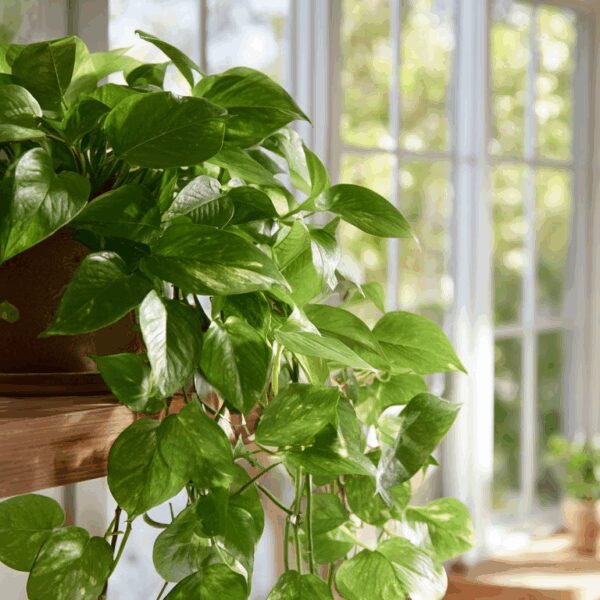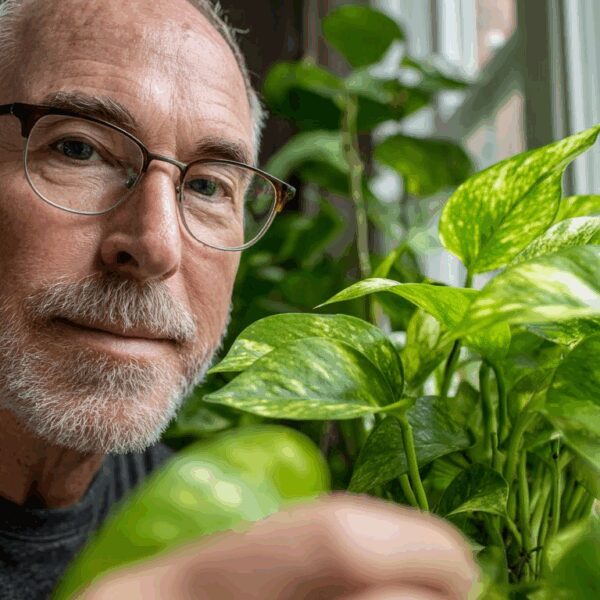Tomatoes are not only a popular choice for many home gardeners, but also a plant that can benefit greatly from the right neighborhood in the garden. In this article you will find out which ones Vegetables as good Tomato friends apply and which ones you should avoid to keep your tomato plants healthy and productive.
The best partners for tomatoes
Some vegetables, when planted near tomatoes, can positively influence their growth and health. To this Tomato friends count above all Basil, Carrots, Garlic and Onions. Basil, for example, helps keep pests away and improves the taste of tomatoes. Carrots promote the soil structure through their roots, which benefits the tomatoes. Garlic and onions act as natural pest controllerby repelling many insects that could otherwise harm the tomatoes.
Vegetables to avoid
Not all plants are good neighbors for your tomatoes. Some can even be harmful. Vegetables to avoid near your tomatoes include Kohl, Peas, fennel and Cucumbers. Cabbage and fennel, for example, attract pests that can also attack tomatoes. Peas and cucumbers compete with tomatoes for nutrients in the soil, which can affect the growth of both types of plants.
Interaction between tomatoes and other plants
The interaction between different plants in the garden is often referred to as Mischkultur designated. This method can not only promote growth but also reduce susceptibility to disease. For example, the cultivation of Marigolds an excellent choice alongside tomatoes, as marigolds naturally repel many nematodes and other soil pests. Planting can also be done Tagetes help keep the soil free of harmful nematodes.
Practical tips for implementation
To take full advantage of the benefits of mixed culture, it is important to follow some practical tips:
– Make sure there is enough space between plants to ensure air circulation.
– Rotate the locations of your vegetables annually to avoid soil depletion and disease transmission.
– Use natural fertilizers such as compost or nettle manure to strengthen your plants.
Share this article on your social networks and exchange ideas with other gardening enthusiasts!
Turn your strawberries into giant fruits with just one scoop of this fertilizer!







